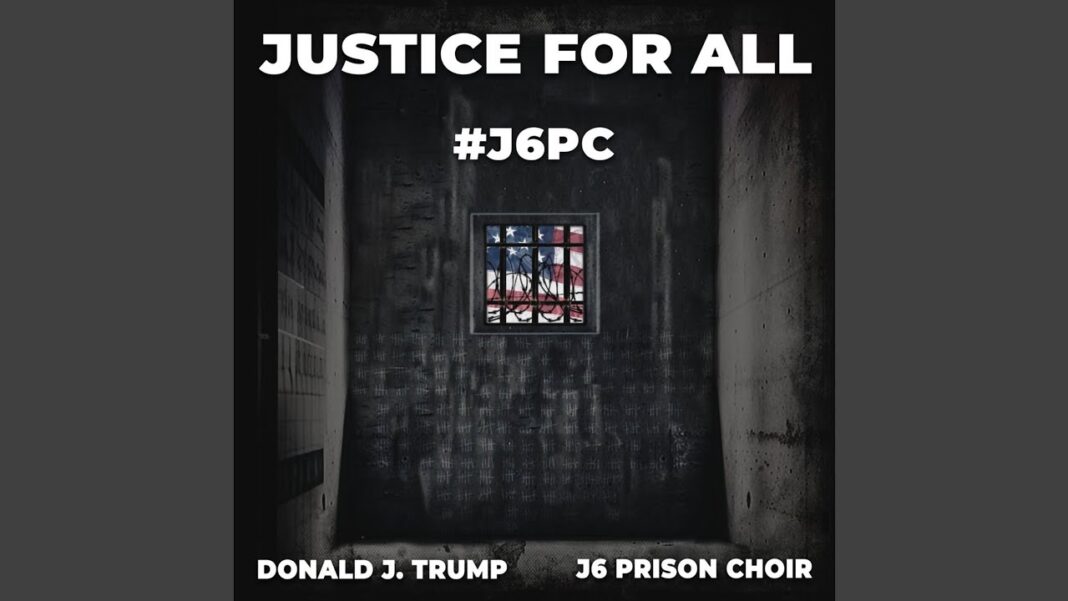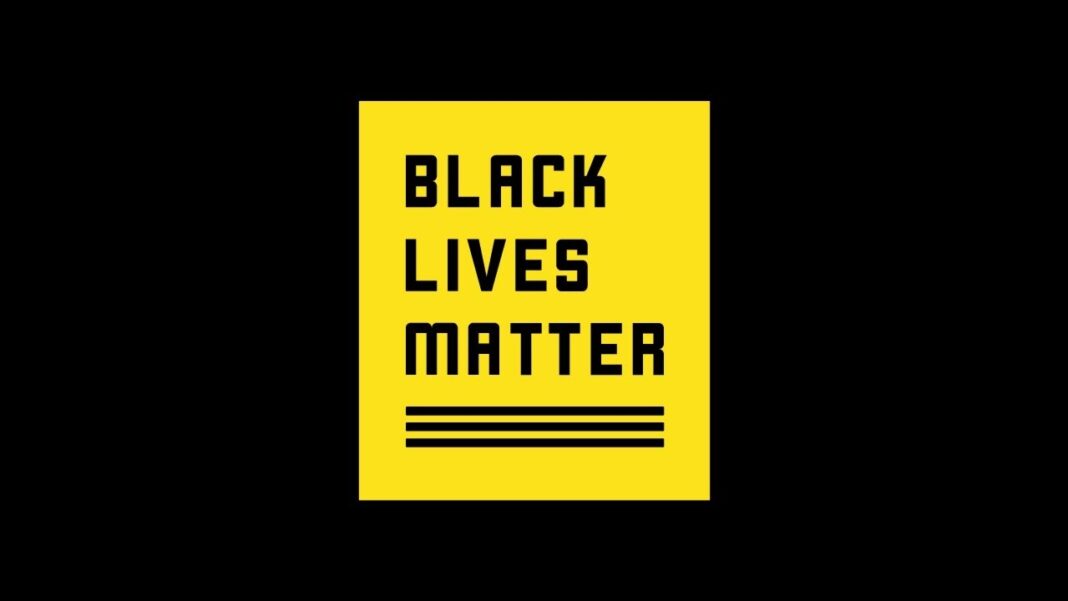Law professor reveals what Trump’s lawyers could initially do to fight the indictment
Legal analysts have revealed what will happen next in court after former President Donald Trump was indicted by the Manhattan District Attorney’s office on Thursday night, with some saying that the former president will have to get his mugshot taken.
When someone is indicted, the charges are kept sealed by a judge until the defendant makes their first court appearance, analysts have said. It’s not clear what charges Trump faces as they’ve not been made public yet.
The Manhattan District Attorney Alvin Bragg’s office acknowledged late Thursday that Trump’s lawyers had been told about the indictment. “This evening we contacted Mr. Trump’s attorney to coordinate his surrender … for arraignment on a Supreme Court indictment, which remains under seal,” a spokesperson said in a statement. “Guidance will be provided when the arraignment date is selected.”
Trump’s lawyer, Joe Tacopina, told The Epoch Times on Thursday night that the former president is expected in New York City early next week for arraignment. He suggested that Tuesday, April 4, could be his arraignment date, coming two weeks after the initial arrest date that the former president had initially predicted.
According to a Bragg spokesperson, prosecutors and Trump’s legal team are negotiating a surrender date, when Trump would have to travel from his Florida home to the district attorney’s office in New York to be fingerprinted and photographed.
Trump would then make an initial appearance in court, where he would be formally charged. He would likely be allowed to head home afterward, experts said.
Mugshot?
“He would be arraigned, face a trial date, and face a jury verdict just like anyone else,” said University of California, Berkeley law professor Andrea Roth in a statement. “He would have no more or fewer procedural protections than other defendants, and the state has the same powers—subpoena power, for example—it would normally have.”
By Jack Phillip








